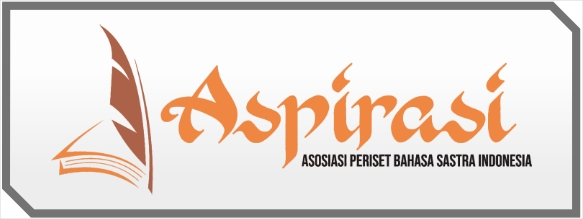Upaya Meningkatkan Hasil Belajar Matematika Materi Perkalian Pecahan Menggunakan Model Pembelajaran Problem Based Learning (PBL) Pada Siswa Kelas V SD Islam Terpadu Permata Papua
DOI:
https://doi.org/10.55606/sokoguru.v2i3.3494Keywords:
Problem Based Learning Model, Mathematics, Learning OutcomesAbstract
This research began with problems in mathematics learning in class V of the Permata Papua Integrated Islamic Elementary School where the majority of students experienced difficulty in understanding mathematics learning material, so that the learning outcomes obtained by students were low. Therefore, to improve student learning outcomes in Mathematics learning, the Problem Based Learning Model is applied to fifth grade students at Permata Papua Integrated Islamic Elementary School. This research is classroom action research (PTK) using a qualitative approach. This research was carried out on fifth grade students at Permata Papua Integrated Islamic Elementary School with a total of 24 students. The instruments used to collect data are observation sheets, documentation and learning outcomes tests. The data obtained in the research was analyzed using qualitative and quantitative data analysis. This research was carried out in two cycles and each cycle consisted of one meeting. The results of research from each cycle that has been carried out using the Problem Based Learning Model show an increase in both the learning process and student learning outcomes. This can be seen from students' achievements in learning, where in cycle I the average score obtained by students only reached 70.8% completeness with an average student score of 68.75, while in cycle II it showed a fairly high increase with completeness reaching 87.5% and the average student score is 82. Thus it can be concluded that the use of the Problem Based Learning Model can improve student learning outcomes in Mathematics learning in class V of the Permata Papua Integrated Islamic Elementary School.
References
Agus Suprijono. 2009. Cooperatif Learning Teori& Aplikasi Paikem. Yogyakarta: Pustaka Pelajar.
Ati, T. P., & Setiawan, Y. (2020). Efektivitas problembased learning-problem solving terhadap kemampuan berpikir kritis dalam pembelajaran matematika siswa kelas V. Jurnal Cendekia: Jurnal Pendidikan Matematika, 4(1), 294-303.
Boud, D., & Feletti, G. (Ed.). (2016). The challenge of problem-based learning. London: Kogan Page
Erman Suherman, dkk.2003. Strategi Pembelajaran Matematika Kontemporer (Edisi Revisi). Bandung: JICA UPI.
Krismiati, A. (2008). Pembelajaran berbasis masalah berbantuan Cabry II dalam meningkatkan kemampuan pemecahan dan berpikir kritis siswa. Tesis tidak diterbitkan. Universitas Pendidikan Indonesia. Bandung.
Nurlaily,. A., Soegiyanto, H. & Usodo, B. (2019). Elementary School Teacher’s Obstacles In The Implementation Of Problem-Based Learning Model In Mathematics Learning. Journal on Mathematics Education. 10 (2), pp. 229-238 229
Oemar Hamalik. 2003. Kurikulum dan Pembelajaran. Jakarta: Bumi Aksara.
Padmavathy, R.D., & Mareesh, K. (2013). Effectiveness of problembased learning in mathematics. International Multidisciplinary e-Journal, 2(1), 45-51.
Ritawati Mahyudin dan Yetti Ariani. 2007. Hand Out Mata Kuliah Metodologi Penelitian Tindakan Kelas. Padang: S1 PGSD Berasrama FIP UNP
Sugiono. 2007. Metode Penelitian Pendidikan Pendekatan Kualitatif dan R&D. Bandung: Alfabeta Bandung
Suharsimi Arikunto, dkk. 2008. Penelitian Tindakan Kelas. Yogyakarta: Bumi Aksara
Wina Sanjaya. 2006. Strategi Pembelajaran, Berorientasi Standar Proses Pendidikan. Jakarta : Kencana.
Downloads
Published
How to Cite
Issue
Section
License
Copyright (c) 2022 SOKO GURU: Jurnal Ilmu Pendidikan

This work is licensed under a Creative Commons Attribution-ShareAlike 4.0 International License.















